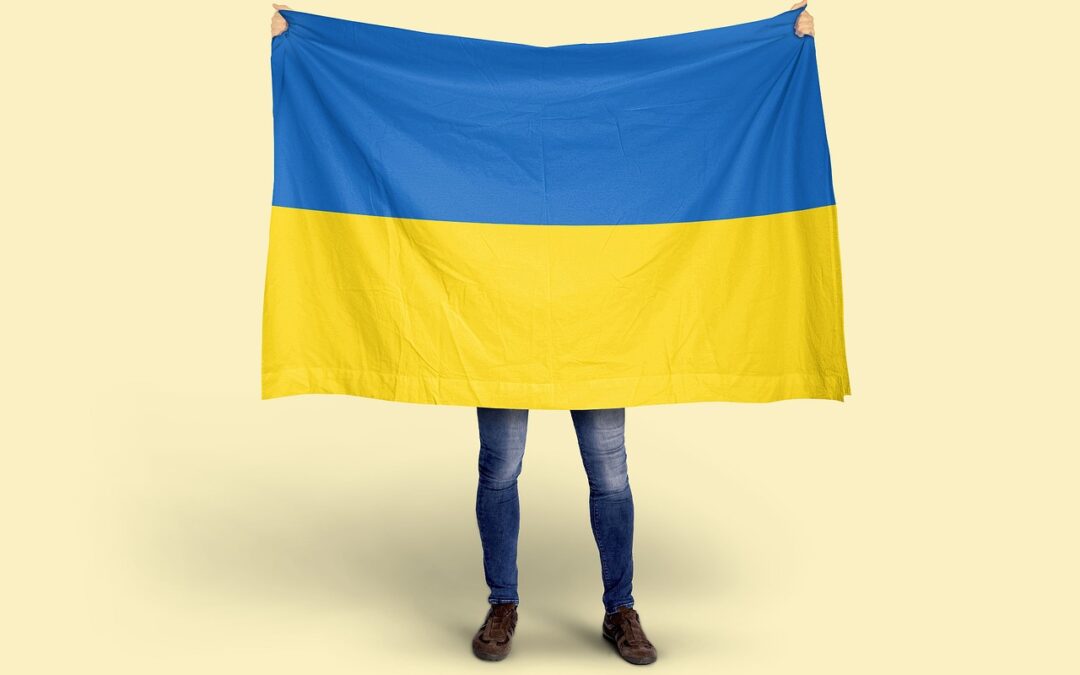
Opinion from America – Debate – Take 2!
Opinion from America – Debate – Take 2!
Introduction
I saw the first presidential debate this year, between Donald Trump and Joe Biden. I wrote an article about that disastrous debate, in which I wrote: "In my opinion, the best thing for Joe Biden to do now is to withdraw from the race immediately - but the risk is small."
A few things transpired after that, which were promising. First, Joe Biden withdrew from the presidential race. At first, he insisted that he was the only person who could defeat Trump. But it was clear that others did not agree with that, even people in his own party - the Democrats, and especially Nancy Pelosi - the former Speaker of the House of Representatives. Nancy Pelosi's opinion has a lot of authority, especially in this case. She is slightly older than Biden at 82 years old, and also, she recently resigned from her own position as Speaker, saying she would not seek the role again, after two four year terms in office (2007-2011 and 2019-2023). Eventually, Biden conceded the truth of his situation and pulled out. Then, the second significant thing happened, and all the Democrats supported Kamala Harris as the presidential candidate without any contest. She chose Tim Walz as her vice-presidential running mate and they soon began a vigorous campaign. Their campaign raised $361 million in August, nearly three times more than Trump's ($130 million). The gap between them narrowed in the polls until they were neck and neck. And then after working out a few details, Trump and Harris agreed to have an hour and a half long presidential debate.
The Debate
There was no similarity between this debate and the last one. At the start of the debate, Harris looked over to Trump and shook his hand. In this way, she made an important point that she was not afraid of him, but the opposite. That signal paved the way for what was to happen up on stage in Philadelphia, Pennsylvania. Here are four conclusions I drew from the debate.
1 Trump Weaknesses
Harris clearly highlighted Trump's fundamental weaknesses, which Biden was unable to do in the first debate, including:
2 Trump's lies
Trump told a whole bag of lies, and here are just a few examples:
3 A passionate case regarding abortion
Dúirt Harris go dtacaíonn sí le Roe v. Wade a athbhunú. “Tá sé maslach do mhná Mheiriceá. … Bíonn ar dhaoine oibre, mná oibre atá ag obair post nó dhó, a bhfuil orthu cúram leanaí a fháil gur ar éigean d’acmhainn dóibh, taisteal go stát eile ar eitleán, a bheith ina suí in aice le strainséirí, chun an cúram sláinte a theastaíonn uathu a fháil – ar éigean d’acmhainn dóibh. Agus tá sé neamhscrupallach iad a chur tríd sin.”
4 Príomhthéama Trump – Inimircigh gan doiciméad agus a gcoireanna
According to Republicans, the Democrats' immigration policies are their biggest weakness, and Trump has emphasized immigration matters as often as possible. Trump has told lie after lie on the subject, and I already mentioned one where he claimed immigrants were eating the pets in Springfied. Here are a few more examples of what he had to say about migration.
"They (Democrats) allowed criminals," Trump said, claiming without any evidence that there were "millions" of criminals. “They allowed terrorists. They allowed common street criminals. They allowed people to come in, drug dealers to come into our country.” Trump said at another point: “Bad immigration is the worst thing that could happen to our economy. They and she (Harris) are destroying our country with their policy. That's crazy.”
Conclusion
According to most analysts, Harris won the debate. I agree with that, but that does not mean that she will win the election. Hilary beat Trump in the three debates between them in 2016, according to the analysts and according to the public - but despite this, Trump won the presidential election. And while everyone knows about Trump and his approach, many people don't know much about Harris and the differences between Biden's policies and her own. Harris did a great job in the debate and that's a good step, but she still has a lot to do, and she doesn't have much time left to do it. As a positive ending, Taylor Swift posted her support for Harris to her followers (283 million) on Instagram, after the debate. That's not a bad thing!








